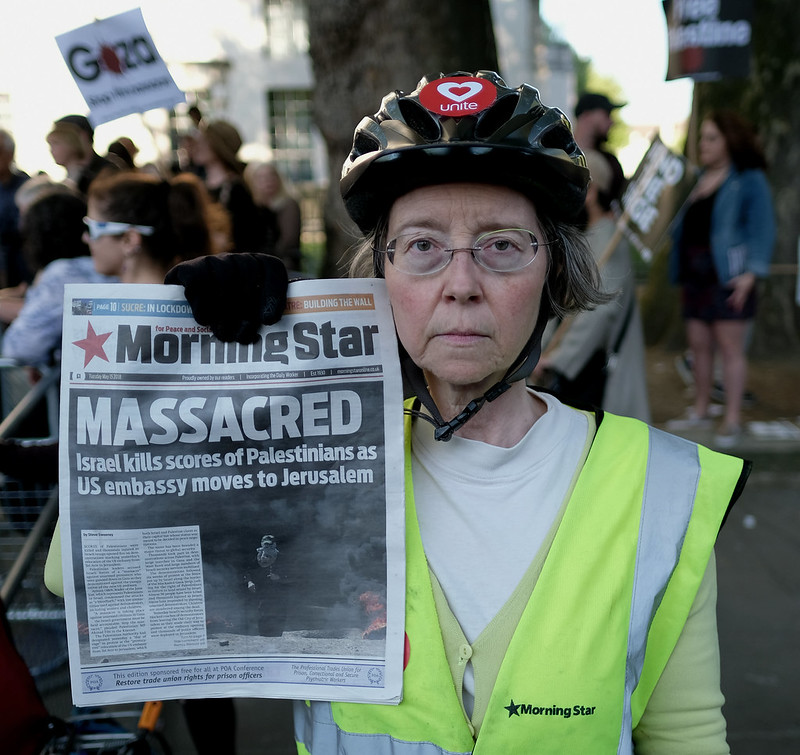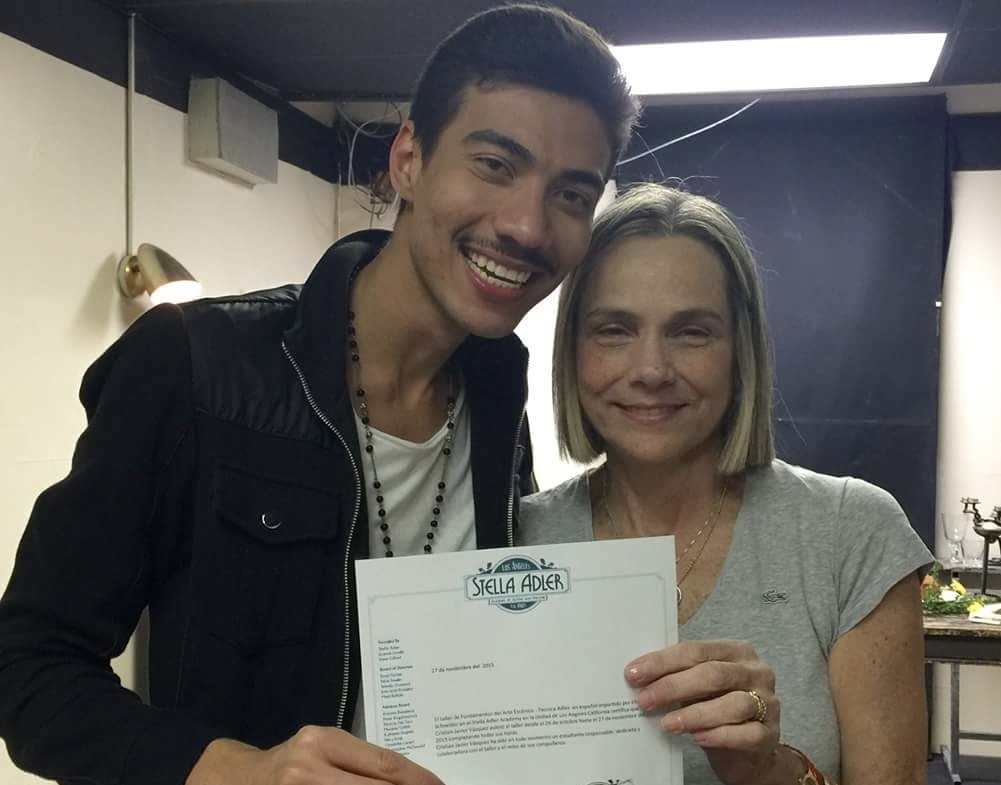(NEW YORK) — The recent conflict between Israel and Hamas has cast a stark light on media biases, revealing discrepancies in the language and context that shape public perception. This critique examines three primary shortcomings in current reportage and proposes a path towards more equitable journalism.
Word Choice Matters
In an era where media coverage is a critical lens through which the public views international conflicts, the disparate reporting on the Israel-Hamas confrontations exposes inherent biases and a lack of depth that distorts reality.
Consider the linguistic inconsistencies in reporting: The New York Times categorizes Hamas unequivocally as a ‘terrorist group’, whereas BBC’s world affairs editor, John Simpson, adopts a more detached stance, highlighting the term’s subjectivity. Simpson underscores the organization’s role as an observer, not a moral authority, in such characterizations. This linguistic choice not only colors public opinion but also subtly aligns narratives with or against certain entities.
“It’s simply not the BBC’s job to tell people who to support and who to condemn – who are the good guys and who are the bad guys,” said Simpson.
The same issue applies when using the word “war” versus “conflict” – one clearly carries more weight than the other. Yet, media outlets have been using these words almost interchangeably. This is why, in some media coverage, Palestinians “die” while Israelis are “killed.”
For transparency and to avoid this double standard, reporters should rely on first-hand accounts from people on the ground. Citizen journalism can seize this opportunity, leaving little room for debate or interpretation.
Motaz Azaiza (@motaz_azaiza) and Bisan Owda (@wizard_bisan1) are two Palestinians covering the issue on the ground and documenting the war on their Instagram accounts. Azaiza’s photographic accounts illustrate the undeniable Israeli attacks and raids happening daily in Gaza. His posts, which regularly garner millions of views and likes, have served as a constant reminder of the reality of this war. And Owada, previously a filmmaker, is now using her social standing to chronicle the war through a series of video diaries. Her videos offer a real, raw look at the reality of life under bombardment.
Context in Coverage
The lack of context on the coverage of the Middle East also contributes to a misinformed citizenry. Although this power struggle has been ongoing for the last seventy-five years, media outlets depict the events as sudden or isolated attacks.
In fact, in recent coverage of the Israel-Palestine war, a number of articles use “Oct. 7” as an indication or marker of escalation by Hamas.
A Fox News article from Dec. 10 reads, “Nihad Awad, the executive director and co-founder of the Council on American-Islamic Relations (CAIR), recently said that he was ‘happy to see’ the October 7 Hamas invasion of Israel and that the Jewish state did not have a right to self-defense because it is an ‘occupying power.’”
A CNN article, also published on Dec. 10, reads, “Secretary of State Antony Blinken on Sunday forcefully condemned sexual violence perpetrated by Hamas during the October 7 attack and blasted those who have not forcefully condemned it or were slow to do so.”
And a The Washington Post article from Nov. 23, reads, “The first indications of possible sexual violence came as early as Oct. 7, the day that thousands of Hamas and other fighters streamed into Israeli towns and began live-streaming bloodshed and torture.”
Whether the framing of Oct. 7 as the first instance of violence between Israel and Palestine is deliberate or unintentional does not matter. Media reports that only focus on a weekend of Hamas attacks in Israel, without the context of Israel’s long-standing occupation and oppression of Palestinians, creates a skewed and misleading narrative.
News organizations should give a well-rounded reporting of the historical facts that emphasize the issue’s complex nature and nuance. It is essential that the public have this information at their disposal. This includes, (but is not limited to) offering photos, video, and commentary not just from the current events, but also historical events which would add a level of depth to the report.
Unverified News Sharing
The media’s treatment of unverified information regarding this issue has also contributed to the unfair and untrue portrayal of Palestinians. Most recently, many media outlets covered the blast at al-Ahli hospital in Gaza City, which killed hundreds of Palestinian civilians, while being careful to note that the source of the explosion was unclear. However, the same news outlets ran front page stories featuring unverified reports of Hamas decapitating babies – before later retracting them.
This lack of ethical consideration and responsible reporting can have lasting and damaging consequences. Media outlets have a responsibility to prioritize providing complete and accurate information, even under the pressure to publish.
Psychologists have found about 48% of people are likely to recall fake news that is presented to them, and that they were also more likely to remember them when the news were consistent with their ideology. Meaning, the probability of generating false memories due to fake news exposure increased significantly when the content was consistent with the ideology.
These findings stress how important it is that media outlets strive for consistency in language, offer historical context, and maintain ethical standards to provide a comprehensive and accurate portrayal of the complex and ongoing situation in the Middle East.
In conclusion, the recent coverage of the Israel-Palestine war highlights the vital role of the media in shaping public opinion. To promote a well-informed society, we must advocate for and support ethical journalism.The societal implications of biased reporting underscore the critical role that media plays in navigating complex global issues, urging us all to champion a media landscape that prioritizes truth.


